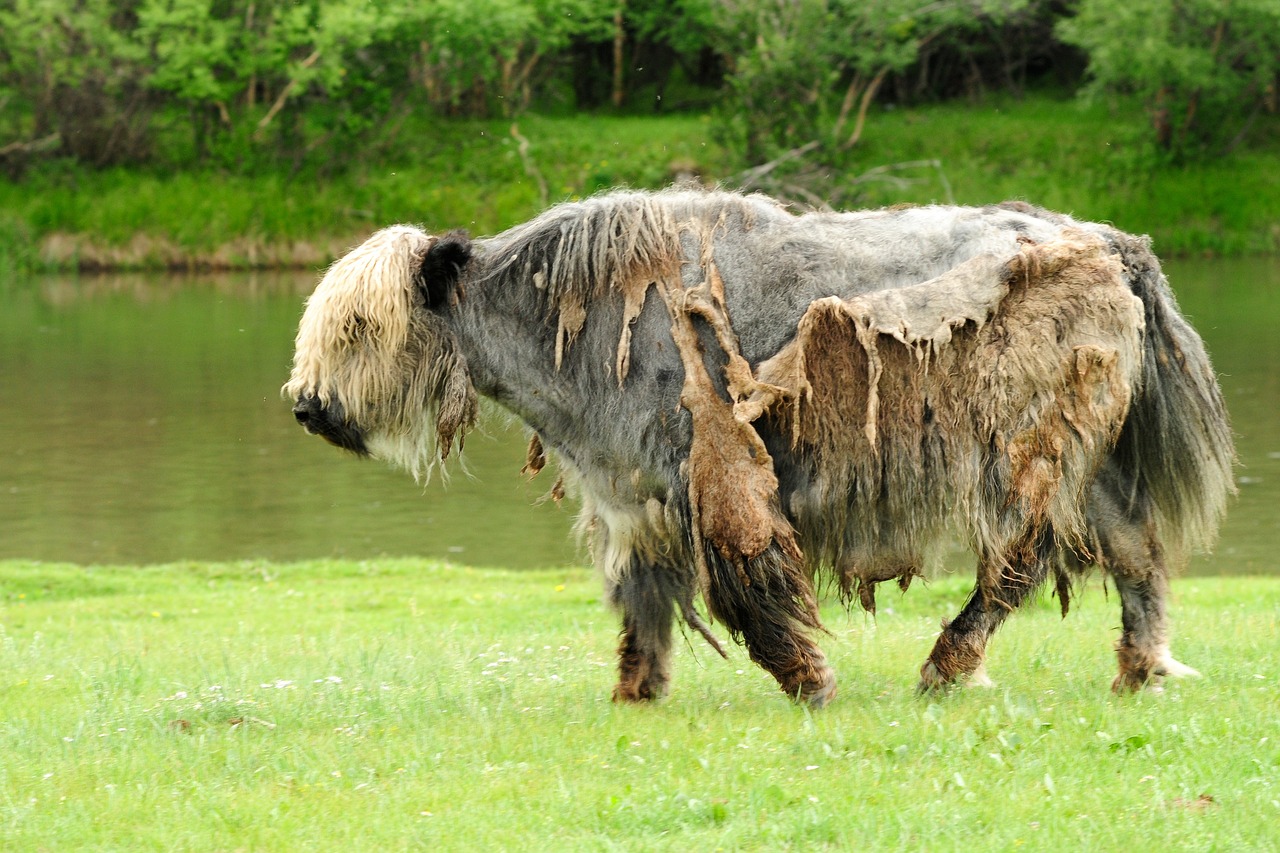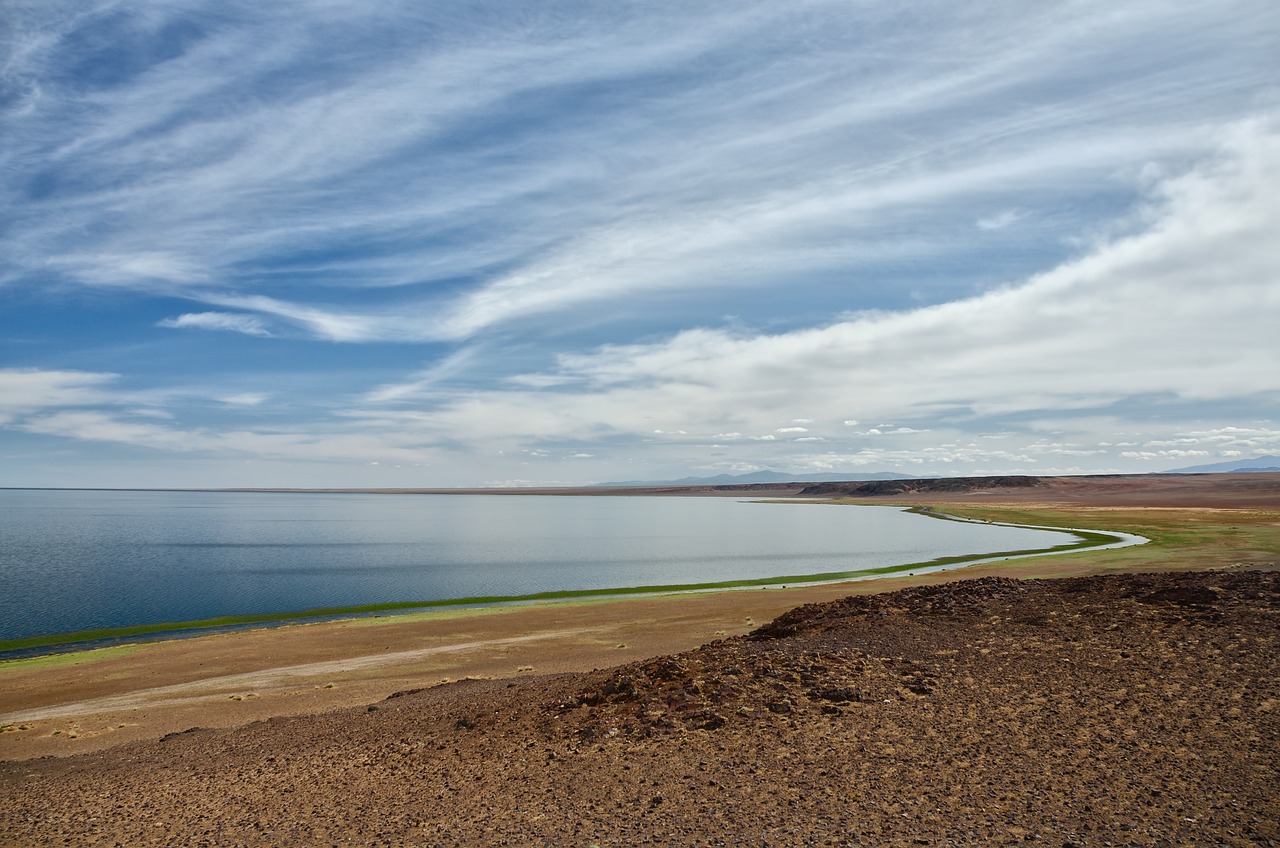Mongolia Video
Introduction
Mongolia, with its vast landscapes, rich cultural heritage, and nomadic lifestyle, is a unique country that attracts adventurous travelers from around the world. For nomads in Mongolia, accessing banking and financial services can be a challenge due to the remote and rural nature of their lifestyle. In this article, we will explore the banking and financial services available for nomads in Mongolia, providing detailed information on various options to meet their financial needs.
Section 1: Traditional Banking Services
Traditional banking services in Mongolia cater to the needs of both urban and rural populations. Nomads in Mongolia can access these services through bank branches located in major cities and towns. Some of the major banks in Mongolia include Khan Bank, Trade and Development Bank, and Golomt Bank. These banks offer a wide range of services, including savings accounts, current accounts, and loans. Nomads can visit these bank branches to open accounts, deposit and withdraw money, and avail other banking services.
- Savings Accounts: Nomads can open savings accounts with traditional banks in Mongolia to keep their money safe and earn interest on their savings. These accounts usually require a minimum balance and offer various interest rates depending on the bank and account type.
- Current Accounts: Current accounts are useful for nomads who need regular access to their money. These accounts allow for easy deposits and withdrawals and often come with features like debit cards and online banking facilities.
- Loans: Traditional banks in Mongolia also provide loan facilities to nomads. These loans can be used for various purposes, such as purchasing livestock or equipment for their nomadic lifestyle. Nomads can approach the bank to discuss their loan requirements and eligibility criteria.
Section 2: Mobile Banking
Mobile banking has gained popularity in Mongolia, offering convenience and accessibility to nomads in remote areas. With a smartphone and internet connectivity, nomads can access various banking services through mobile banking apps provided by banks in Mongolia.
- Account Management: Mobile banking apps allow nomads to manage their bank accounts on the go. They can check their account balance, view transaction history, transfer funds, and pay bills using their smartphones.
- Mobile Wallets: Some mobile banking apps in Mongolia also offer mobile wallet services, allowing nomads to store and use digital money for transactions. They can load money into their mobile wallets and make payments at participating merchants.
- Notifications and Alerts: Nomads can receive notifications and alerts on their smartphones regarding their account activities, such as deposit confirmations, withdrawal notifications, and payment reminders.
Section 3: Fintech Solutions
Fintech solutions are emerging as a convenient and innovative way for nomads in Mongolia to access financial services. Fintech companies leverage technology to provide financial products and services that cater specifically to the needs of nomadic communities.
- Online Payment Platforms: Fintech companies in Mongolia offer online payment platforms that enable nomads to make payments and transfers electronically. These platforms often come with features like QR code payments, peer-to-peer transfers, and integration with mobile wallets.
- Crowdfunding: Nomads looking to fund their projects or businesses can explore crowdfunding platforms that connect them with potential investors. These platforms allow nomads to showcase their ideas and receive financial support from a global community.
- Microfinance: Fintech companies also provide microfinance services tailored to the needs of nomads. These services offer small loans to nomads, helping them meet their financial requirements without the need for traditional bank collateral.
Mongolia Image 1:

Section 4: Cooperative Banks
Cooperative banks in Mongolia play a significant role in providing financial services to nomads. These banks are often established by local communities or cooperatives to cater specifically to the needs of their members, including nomads.
- Membership: Nomads can become members of cooperative banks by contributing to the cooperative and meeting the eligibility criteria. Once a member, they can access various banking services offered by the cooperative bank.
- Community Support: Cooperative banks focus on supporting local communities, including nomadic communities, by providing financial assistance, promoting savings, and offering educational programs on financial literacy.
- Loan Facilities: Cooperative banks often offer loan facilities to nomads at favorable interest rates. These loans can be used for various purposes, such as purchasing livestock, equipment, or starting small businesses.
Section 5: International Money Transfer Services
Nomads in Mongolia often require international money transfer services to send and receive money from abroad. Various international money transfer services are available in Mongolia to cater to these needs.
- Money Transfer Operators: Money transfer operators like Western Union and MoneyGram have branches and agents in Mongolia, allowing nomads to send and receive money from different parts of the world.
- Online Remittance Services: Online remittance services provide a convenient way for nomads to send money to their families or receive funds from abroad. These services often offer competitive exchange rates and low fees.
- Bank Wire Transfers: Nomads can also use bank wire transfer services provided by traditional banks to send and receive money internationally. These transfers can be done through bank branches or online banking platforms.
Mongolia Image 2:

Section 6: Microfinance Institutions
Microfinance institutions in Mongolia offer financial services specifically designed for underserved communities, including nomads. These institutions provide small loans, savings accounts, and other financial products to support the financial needs of nomads.
- Small Loans: Microfinance institutions offer small loans to nomads without requiring traditional collateral. These loans can be used for various purposes, such as purchasing livestock, improving housing conditions, or investing in small businesses.
- Savings Accounts: Nomads can open savings accounts with microfinance institutions to save money and earn interest. These accounts often come with flexible terms and conditions tailored to the needs of nomadic communities.
- Financial Education: Microfinance institutions also focus on providing financial education and training to nomads, helping them develop financial literacy skills and make informed financial decisions.
Section 7: Insurance Services
Insurance services play a crucial role in protecting nomads in Mongolia against various risks associated with their lifestyle. Nomads can avail insurance services to safeguard their livestock, property, and health.
- Livestock Insurance: Nomads heavily rely on livestock for their livelihoods. Insurance companies in Mongolia offer livestock insurance policies to protect nomads against losses due to natural disasters, diseases, or theft.
- Property Insurance: Nomads can also insure their property, such as ger (traditional dwelling) and belongings, against risks like fire, theft, or damage caused by extreme weather conditions.
- Health Insurance: Health insurance is essential for nomads to cover medical expenses. Insurance companies in Mongolia provide health insurance plans that offer coverage for hospitalization, medical treatments, and emergency evacuation.
Mongolia Image 3:

Section 8: Financial Inclusion Initiatives
To promote financial inclusion among nomads in Mongolia, various initiatives have been undertaken by the government and non-governmental organizations.
- Mobile Banking Outreach: Mobile banking outreach programs aim to educate nomads about the benefits of mobile banking and provide assistance in accessing mobile banking services. These programs often include training sessions and setting up mobile banking kiosks in rural areas.
- Financial Literacy Programs: Financial literacy programs are conducted to enhance the financial knowledge and skills of nomads. These programs cover topics like budgeting, saving, and responsible borrowing, helping nomads make informed financial decisions.
- Microfinance Support: The government and NGOs provide support to microfinance institutions that focus on serving nomadic communities. This support includes funding, capacity building, and regulatory frameworks to ensure the sustainability and effectiveness of microfinance services.
Section 9: Currency Exchange
Nomads in Mongolia may need to exchange their currency for local currency or foreign currency during their travels or financial transactions. Currency exchange services are available in major cities and towns, including exchange offices and banks.
- Exchange Offices: Exchange offices in Mongolia offer currency exchange services for various currencies. Nomads can exchange their money at these offices, which often provide competitive exchange rates.
- Bank Currency Exchange: Banks in Mongolia also provide currency exchange services. Nomads can visit bank branches to exchange their currency, especially if they require larger amounts or prefer the convenience of a bank.
- ATM Withdrawals: Nomads can also withdraw local currency from ATMs using their debit cards. ATMs are available in major cities and towns, providing easy access to cash.
Section 10: Financial Regulations and Consumer Protection
Financial regulations and consumer protection measures ensure the safety and fairness of financial transactions for nomads in Mongolia. The Financial Regulatory Commission (FRC) oversees the financial sector and enforces regulations to protect consumers’ rights.
- Consumer Complaint Mechanisms: Nomads can file complaints with the FRC or the relevant authorities if they encounter any issues with banking or financial services. These mechanisms help resolve disputes and ensure fair treatment of consumers.
- Financial Regulations: The FRC establishes and enforces regulations governing banking and financial activities in Mongolia. These regulations aim to maintain stability, transparency, and integrity in the financial sector.
- Financial Education Initiatives: The FRC and other organizations promote financial education initiatives to empower nomads with knowledge and skills to make informed financial decisions and protect themselves from financial fraud or scams.
Section 11: Taxation and Financial Obligations
Nomads in Mongolia have certain taxation and financial obligations that they need to fulfill. Understanding these obligations is essential for nomads to comply with the tax laws and regulations of Mongolia.
- Income Tax: Nomads who earn income from their activities, such as selling livestock or products, may be liable to pay income tax. They need to register with the tax authorities and fulfill their tax obligations accordingly.
- Value Added Tax (VAT): Nomads engaged in certain business activities, such as providing accommodation or selling goods, may need to charge and remit VAT. They should familiarize themselves with the VAT regulations and comply with the requirements.
- Record-keeping: Nomads should maintain proper records of their financial transactions, including income, expenses, and assets. These records will help them accurately report their financial information and fulfill their tax obligations.
Section 12: Conclusion
Nomads in Mongolia have various options for accessing banking and financial services to meet their unique needs. Traditional banking services, mobile banking, fintech solutions, cooperative banks, microfinance institutions, insurance services, and international money transfer services are all available to cater to the financial requirements of nomads. Financial inclusion initiatives, currency exchange services, financial regulations, and tax obligations contribute to creating a supportive environment for nomads in Mongolia to manage their finances effectively.
References
– Khan Bank: www.khanbank.com
– Trade and Development Bank: www.tdbm.mn
– Golomt Bank: www.golomtbank.com
– Financial Regulatory Commission: www.frc.mn
– Western Union: www.westernunion.com
– MoneyGram: www.moneygram.com
Note: The images provided in this article are for illustrative purposes only and may not depict actual scenes from Mongolia.


